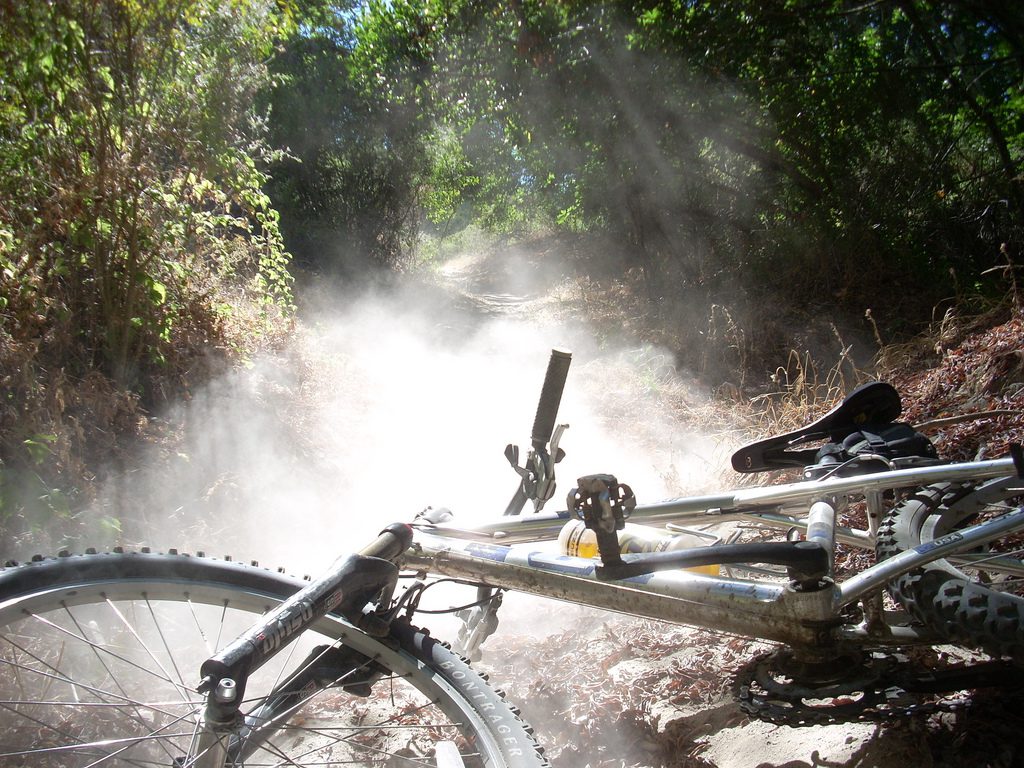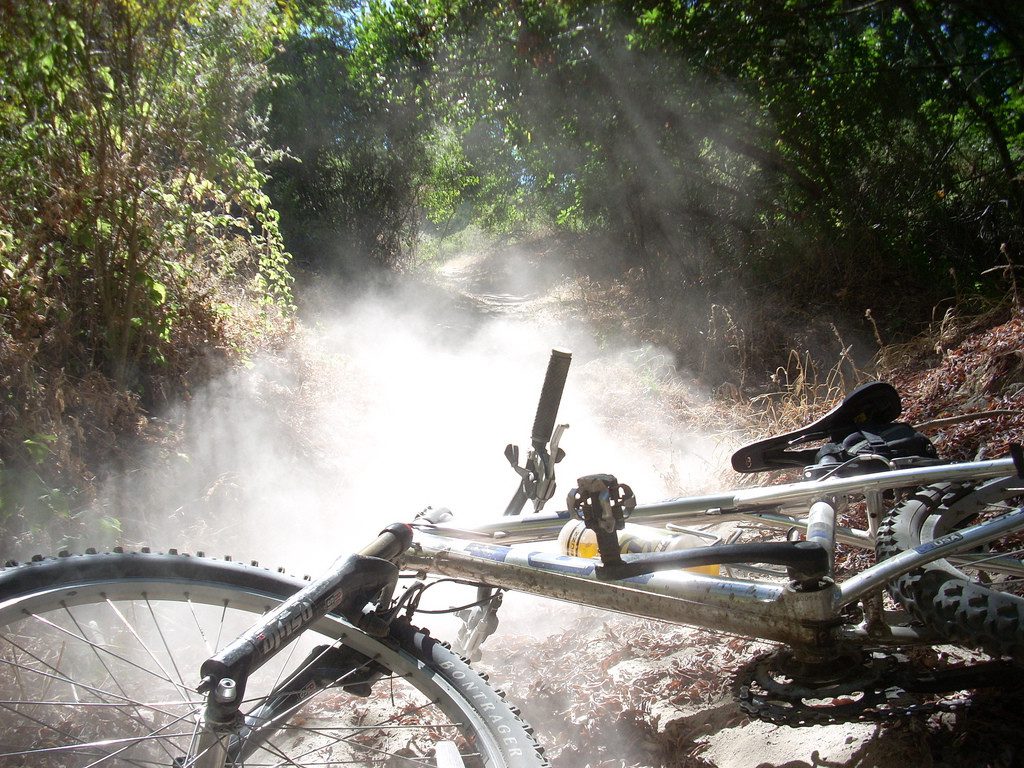4 tips for recovering from a cycling injury
Many people said that fitness is responsible for quick and smooth rehabs after injury. An athletic mindset, however, is the real reason.

by Stephen Cheung

In 2005, the driver backing out of her driveway at warp speed without looking left me lying on the ground with a scapula looking like a crunched taco chip and a shattered right shoulder. In fall 2013, my cyclocross season got derailed by straining my knee during a collision in a sand pit. Happily, I recovered well from both, but did I learn anything? The most significant thing that helped in both recoveries was my experience as an athlete. Many people said that my fitness was the reason why I had such quick and smooth rehabs. I actually think my athletic mindset was the real reason. Many non-athletes confuse discomfort for pain; whereas I was willing to push myself hard during rehab exercises to the actual point of pain.
Set goals
Three days after I got hit by the car, I was already rehabbing my shoulder. My lower body was unscathed so I set my mountain bike on the trainer and started spinning with my arm in a sling within a week. Indeed, my therapists were mostly trying to slow me down rather than push me to work. Athletes are used to goal setting, so use it to your advantage. My first accident happened as Halifax was having one of its most beautiful seasons of late summer weather. I was so annoyed at being forced indoors early that I set a goal of riding outdoors by mid-October at the eight-week mark. That gave me the discipline and the motivation to work hard at my rehab every day.
Keep perspective
At the same time, common sense and a big-picture view are important. Despite training hard all year and having my best-ever cyclocross season, the second I realized I had knee damage, I waved all thoughts of competing. I said goodbye to the rest of the ’cross season without a hint of regret or anger. After all, I intend to enjoy cycling (and walking!) the rest of my life; there was no way I would risk that for the sake of rushing back for the final races. Instead, my goal became simply to rehab my knee thoroughly back to absolute full capacity, ideally by snowboarding season.
Find support
To fix my shoulder, I found the right experts and developed my support team. I worked with an orthopedic surgeon, a plastic surgeon, a physiotherapist, kinesiologists and my own family. Don’t forget that you are the hub this team spins around; it’s your job to keep everyone informed. For example, do not assume that your orthopedic surgeon has spoken with your physiotherapist and knows the rehab work that you have been doing.
Stay positive
Finally, cyclists often hate missing even a single day of riding, so an injury can make them some of the grumpiest people to be around. Don’t be that person, because who is going to push themselves to help and support a miserable bear? Stay positive and keep your sense of humour, and you will find yourself back smiling on the bike sooner than you think.
